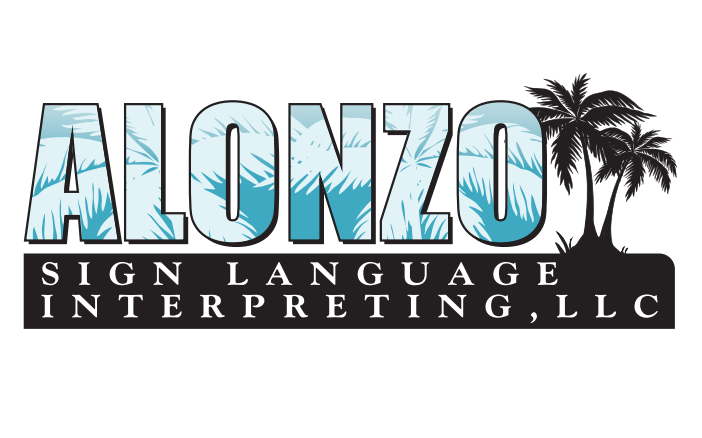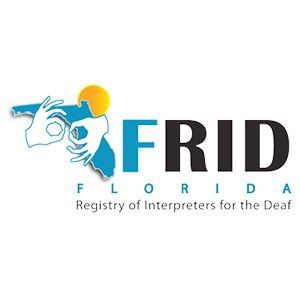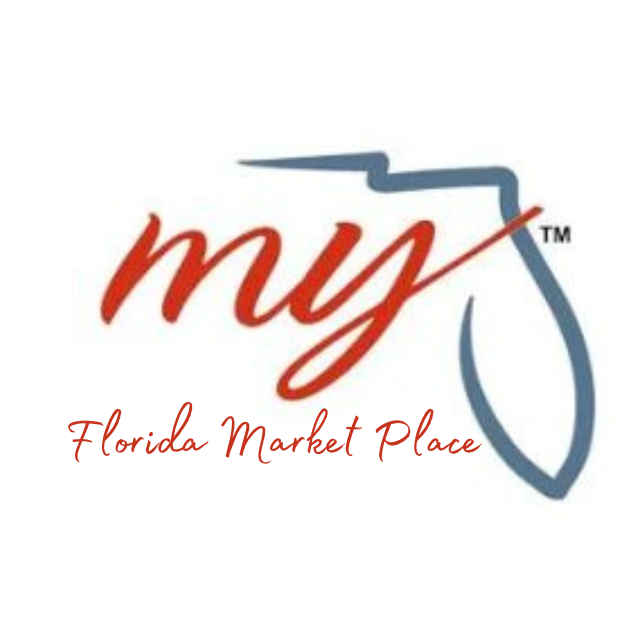FREQUENTLY ASKED QUESTIONS
Frequently Asked Questions
Here are the answers to the most frequently asked questions:
-
WHAT IS A SIGN LANGUAGE INTERPRETER?
A Sign Language Interpreter is a professional communication facilitator who interprets both language and culture between those who communicate using American Sign Language and those who use spoken language.
-
WHO IS QUALIFIED TO BE A SIGN LANGUAGE INTERPRETER?
A professional Sign Language Interpreter is a highly skilled and trained individual who possesses mastery level of American Sign Language as well as cultural aspects that are indigenous to those who use the language. These skills are acquired only through many years of training and experience. A professional or qualified Sign Language Interpreter is one who holds national certification or state screening through a board of recognized entities.
-
WHEN SHOULD I REQUEST THE SERVICES OF A SIGN LANGUAGE INTERPRETER?
Anytime there is a need for communication with those whose primary mode of communication is American Sign Language – for instance, a patient, client, customer, or employee – you should seek the assistance of a professional Sign Language Interpreter. In most situations, the right to a Sign Language Interpreter is protected by law (Americans With Disabilities Act-1990). Additional benefits to acquiring the services of a professional Sign Language Interpreter are that it portrays a consumer-friendly image, as well as advocacy for the disabled of your community.
-
HOW DO I GO ABOUT REQUESTED THE SERVICES OF A PROFESSIONAL SIGN LANGUAGE INTERPRETER?
Referral agencies, as well as independent professionals can be hired on a contractual basis for a specified amount of time. Compensation for services may vary. The most important aspect in the process of hiring an interpreter is to make certain that you acquire the services of an individual who is a qualified professional. Doing this will aid in avoiding possible liability issues for all involved.
-
DO I HAVE THE RIGHT TO HAVE A SIGN LANGUAGE INTERPRETER DURING APPOINTMENTS WITH MY DOCTOR AND OTHER TREATMENT PROVIDERS?
You have the right to effective communication between you and your treatment providers. You have the right to the same access to service and quality of service that hearing patients receive. For some appointments, the use of a Sign Language Interpreter may be necessary for there to be effective communication with your doctor or treatment provider and ensure equal access and equality of service. For some appointments, you and your doctor may decide that a Sign Language Interpreter is unnecessary.
-
WHAT KIND OF APPOINTMENTS REQUIRE A SIGN LANGUAGE INTERPRETER TO ASSURE ME EQUAL ACCESS, SERVICE QUALITY & EFFECTIVE COMMUNICATION?
Appointments where communication goes beyond the very simple, or where new or complex information is being conveyed, a Sign Language Interpreter is necessary to assure that the information is communicated effectively. For example, your doctor explaining new medications, treatments or procedures, or to obtain your informed consent. Other visits, such as prescription re-fills, do not require a Sign Language Interpreter.
-
WHICH LAWS APPLY TO MY DOCTOR AND OTHER TREATMENT PROVIDERS?
Title III of the Americans With Disabilities Act of 1990 and Section 504 of the Rehabilitation Act of 1973 prohibit discrimination based on disability. Under these laws, you have the right to the same access and quality of service that hearing patients receive. This, in some cases, includes the right to a Sign Language Interpreter.
-
DO THESE LAWS APPLY TO MY DOCTOR AND OTHER TREATMENT PROVIDERS?
Yes. The ADA applies to places of public accommodation like stores, restaurants, libraries and hospitals. These places would include your doctor or treatment provider. Section 504 applies to providers who receive federal funds like Medicaid and Medicare.
-
OK, BUT DO I HAVE A RIGHT TO A CERTIFIED SIGN LANGUAGE INTERPRETER?
No. Although there are national accreditation and certification bodies for Sign Language Interpreters, your doctor is not required to provide an accredited or certified Sign Language Interpreter. He/she is required to provide a Sign Language Interpreter who is qualified according to the standards of the profession.
-
CAN MY DOCTOR FORCE ME TO USE A FAMILY MEMBER AS A SIGN LANGUAGE INTERPRETER?
No. Family members may not have the expertise or may be too emotionally involved to assure effective communication between you and your doctor which could also compromise your right to privacy. You and your doctor should make a joint decision about which Sign Language Interpreter or alternative auxiliary aid should be used.
-
CAN MY DOCTOR CHARGE ME THE COST OF A SIGN LANGUAGE INTERPRETER?
No. Under the ADA and Section 504, your doctor must pay for a Sign Language Interpreter if one is necessary in order to assure effective communication, equal access and quality of service.
-
WHAT CAN I DO IF MY DOCTOR REFUSES TO PAY FOR A SIGN LANGUAGE INTERPRETER?
If you believe your doctor has discriminated against you because of your disability by refusing to provide or pay for a Sign Language Interpreter necessary to assure you effective communication, you have the right to file a complaint with administrative agencies as well as file suits in federal court.
-
HOW DO I FILE AN ADMINISTRATIVE COMPLAINT AGAINST MY DOCTOR?
The U.S. Department of Justice receives complaints of violations of the ADA and Section 504:
U.S. Department of Justice
Civil Rights Division
950 Pennsylvania Ave., NW
Disability Rights Section, NYAV
Washington, DC 20530
TTY 800-514-0383
TEL 800-514-0301
WEB http://ada.gov/t3compfm.htm
The U.S. Department of Health and Human Services also receives complaints of violations of Section 504:
U. S. Department of Health & Human Services
Office for Civil Rights
233 North Michigan Ave., Suite 240
Chicago, IL 60601
TDD 312-353-5693
TEL 312-886-2359
WEB http://www.hhs.gov/ocr/discrimhowtofile.html
WE ACCEPT ALL MAJOR CREDIT CARDS INCLUDING VISA, MASTER CARD, AMERICAN EXPRESS, DISCOVER, JCB.
OUR MISSION
To provide unsurpassed quality of interpretation & transliteration services via a network of the highest qualified professionals in the field of manual communication facilitation
WE’RE SOCIAL
CONTACT US






